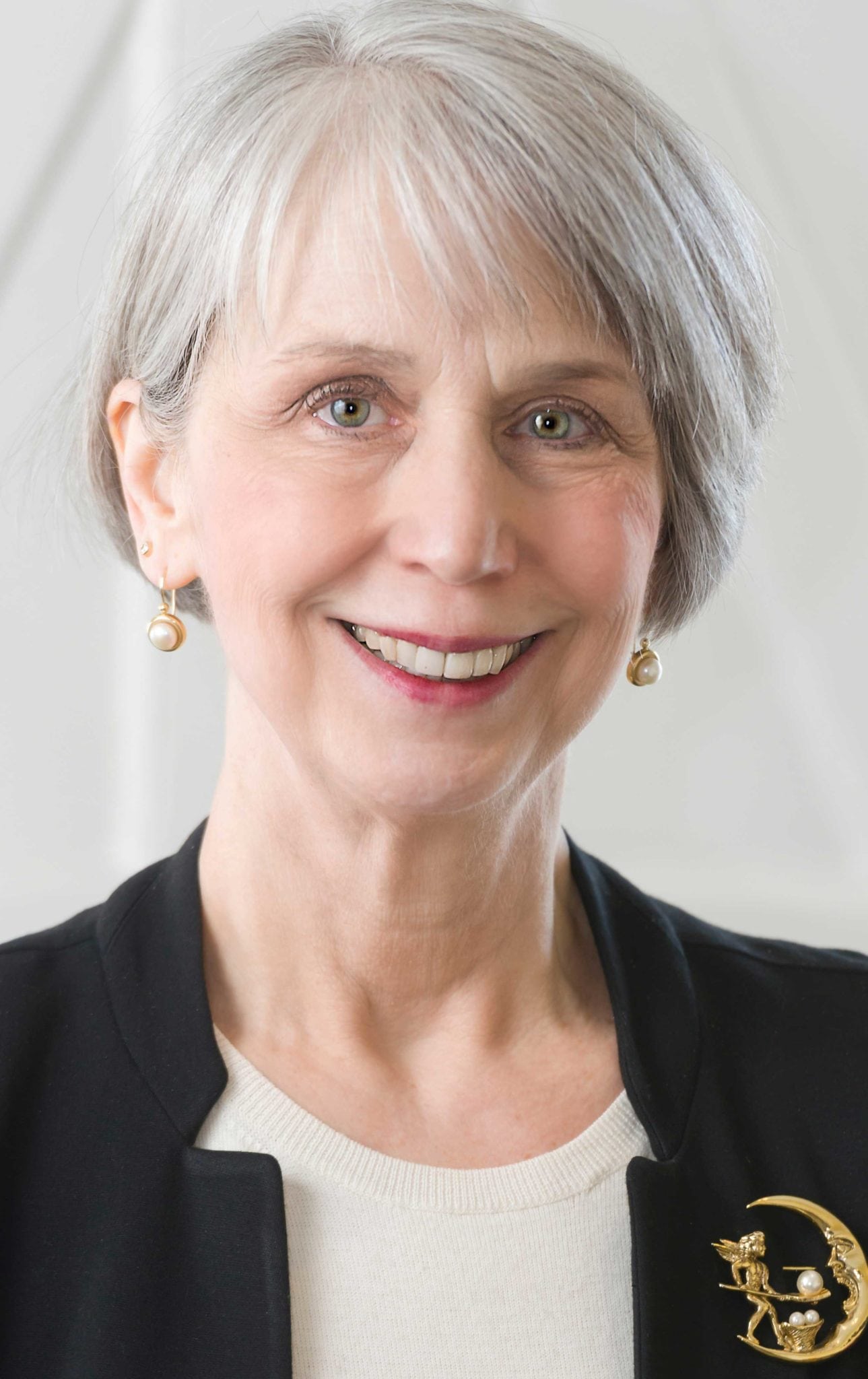When Annetta Caplinger first came to the Institute of Living as a nurse in 1984, she had already worked at several psychiatric healthcare centers at locations from South Carolina to Hawaii. But as soon as she stepped foot on the IOL’s historic grounds, she knew she had found her professional home.
“I instantly loved the environment on the campus, and the culture of the people who work here,” said Caplinger, the IOL vice president of clinical operations who last month was appointed to the board of directors for the prestigious National Association of Psychiatric Health Systems. The NAPHS advocates at a national level for psychiatric centers such as the IOL, and Caplinger’s appointment is a reflection of a life dedicated to understanding the needs of people with behavioral health issues, and creating the best possible setting for them to recover and realize their full potential. Here are some of her thoughts on her appointment to the board, and the philosophy she brings to her job.
Q. How did you find out you had been named to the NAPHS Board, and what will that role entail for you?
A. I was notified by email by NAPHS staff two weeks ago. I’m really pleased to serve because I love this organization and the opportunity it gives me to connect with others who are in a similar field and have similar positions. I learn from and share information with them, as well as advocate for health systems like the IOL and Hartford HealthCare. I’ve been a member of the NAPHS Behavioral Health Services Within General Healthcare Systems Committee for the past seven years, and it’s given me a chance to develop expertise and awareness on issues ranging from electronic medical records to the current political climate and advocacy issues. My term on the board is for three years. There are 22 people on the board from organizations from across the country, so it will be an exciting opportunity to represent the IOL and the Behavioral Health Network at that level.
Q. How did you get into the field of psychiatric care and behavioral health administration?
A. Even when I was growing up I knew I wanted to be in healthcare. When I was training to become a nurse I was drawn to psychiatric health because it gave me the best chance to interact with patients in a meaningful way. You’d be surprised: On most of the general hospital floors I worked on in my early career, I didn’t really get much time to get to know patients on a personal level. With behavioral health, it’s my job to do that! Getting to know their stories is amazing to me. People are people, I love finding out what their needs are, and trying to help them.
Q. How did you decide to dedicate your career to the IOL?
A. I was born in the Midwest, and my husband was career Navy. He was stationed on nuclear submarines, so we moved around a lot during our early years. When my husband was stationed at a power plant in Windsor Locks, a colleague of mine at Medical University of South Carolina told me, “Go to the IOL, it is the best place.” I did just that. Within a year I was head nurse. By 1994, the IOL had supported me through graduate school and leadership at the time thought enough of me to put me in charge of the new assessment center, and that’s how I found myself on the administrative side. The organization has gone through a lot of changes during my career here, but it still has that special culture of caring and smart people I get to work with every day. It’s got a great heart to it.

